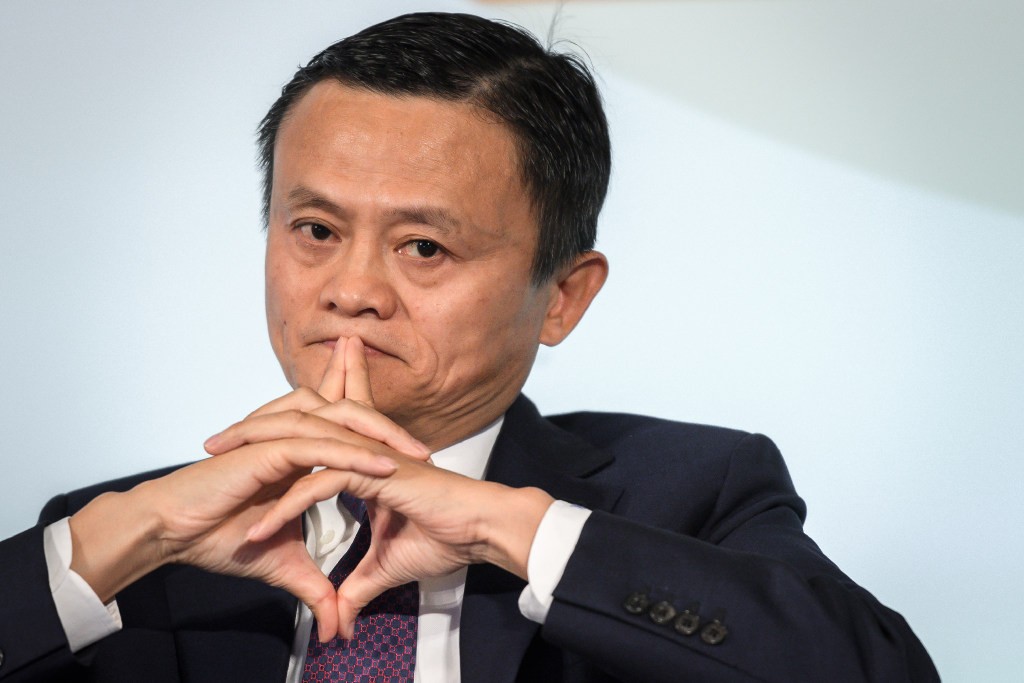
Jack Ma and Richard Liu defend China’s overtime work culture, but ordinary workers can’t relate
Alibaba and JD.com founders call for full devotion to work
If you love your job, you should be happy working from 9am to 9pm, six days a week -- or even longer.
From failing student to Alibaba founder: The story of Jack Ma
(Abacus is a unit of the South China Morning Post, which is owned by Alibaba.)
China’s ordinary workers beg to differ.

While workers say hectic schedules are taking a toll on their health and relationships, some of the biggest names in the industry are instead extolling the virtues of complete devotion to one’s job.
To a generation of Chinese tech elites who founded their businesses before much of China even had access to the internet, gruelling work hours were an expected part of life. It was, they believe, the reason they managed to grow their humble startups into some of the world’s most valuable companies. The accomplishment has become a badge of honor they wear with pride, together with the overtime hours they spent working towards that achievement.
“In the long run, the minute by minute pursuit of work-life balance, or the pursuit of fairness in everything, is the biggest imbalance and the biggest unfairness,” he continued.
Ma seems to believe personal sacrifice is necessary for success. With that sentiment Ma has found a supporter in Richard Liu, founder and CEO of rival internet ecommerce giant JD.com.
Google’s new Chinese partner, JD.com, is an online retail titan
In a Weibo post over the weekend, Liu described his early days as an entrepreneur. He said for four years, he slept no more than two hours each day on a mat rolled out on the office floor.
“My colleagues worked very hard as well at the time, and so they managed to pave a road among thousands of rivaling ecommerce companies, and continue to survive today,” he wrote. “JD.com will never force employees to adopt 995 or 996. But every JD.com staff should have the will to fight!”
Ma and Liu might be speaking from their own experiences, but there are plenty of people who doubt their sincerity.
“Bosses naturally speak from the bosses’ position,” another wrote. “It’s not their primary concern whether an employee is living like a human being.”
“Once they rise to the top, these people find ways to rationalize 996 to squeeze their employees,” another user said.
“Enforcing the overtime culture of 996 doesn’t only reflect the arrogance of business managers. It’s also impractical and unfair,” it reads.
For more insights into China tech, sign up for our tech newsletters, subscribe to our Inside China Tech podcast, and download the comprehensive 2019 China Internet Report. Also roam China Tech City, an award-winning interactive digital map at our sister site Abacus.

